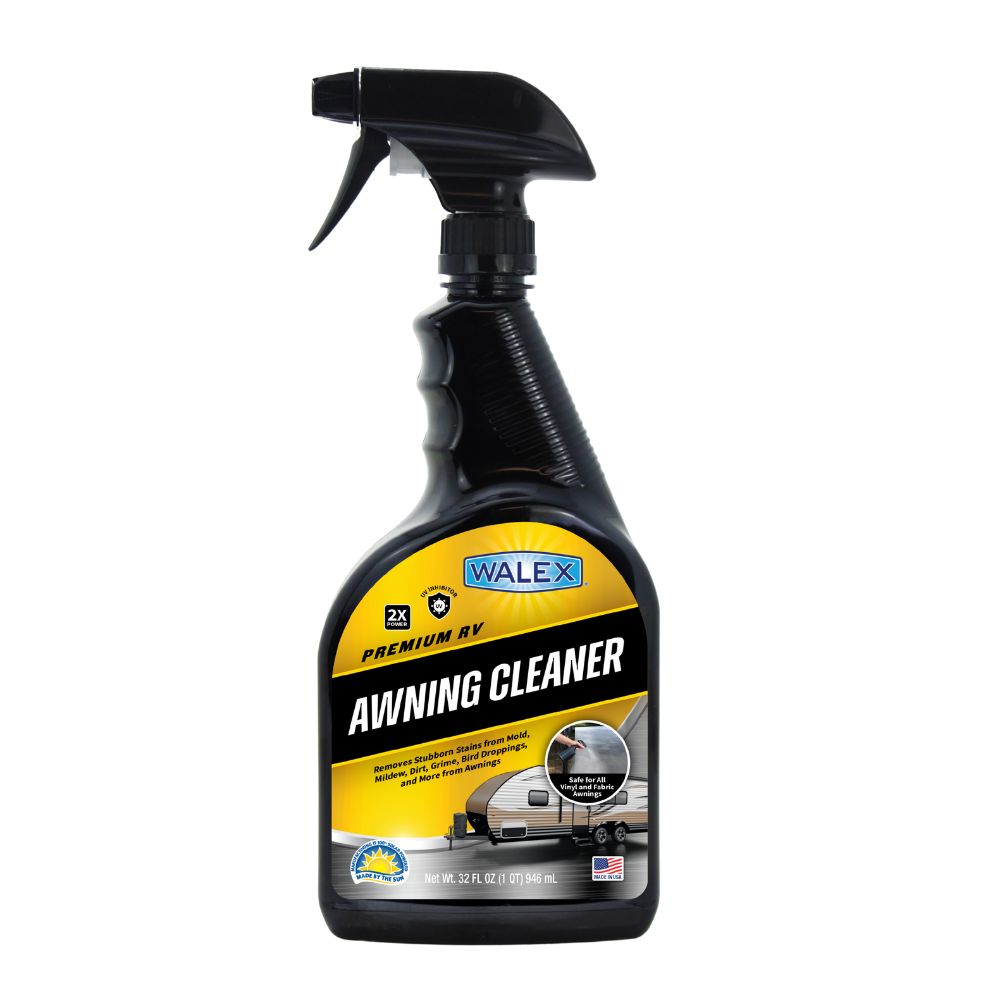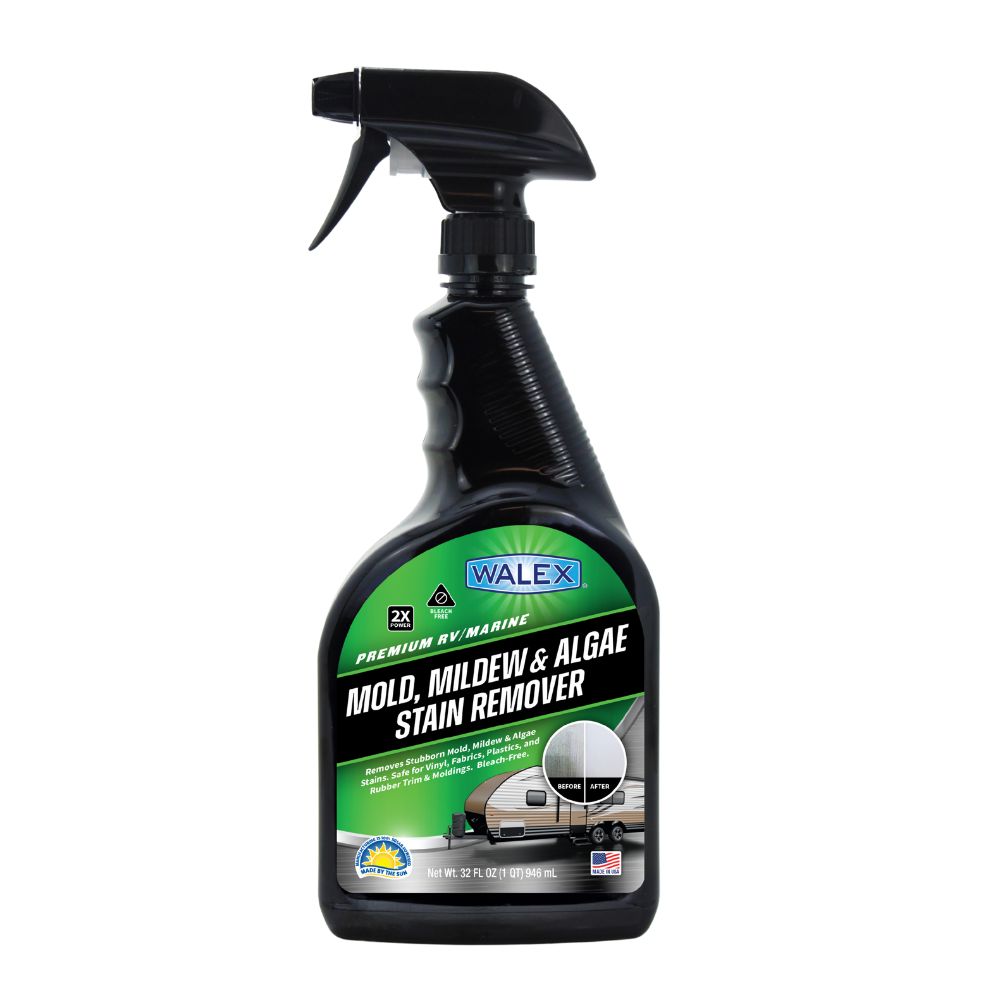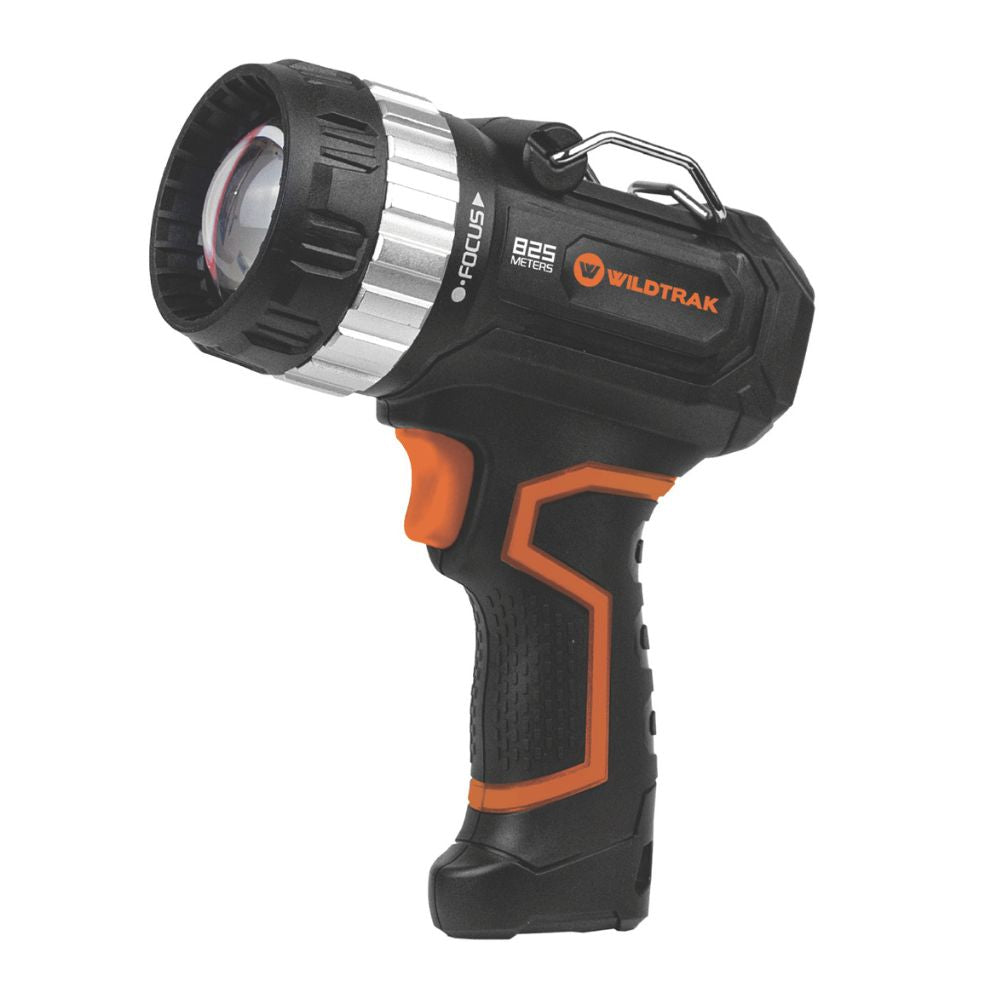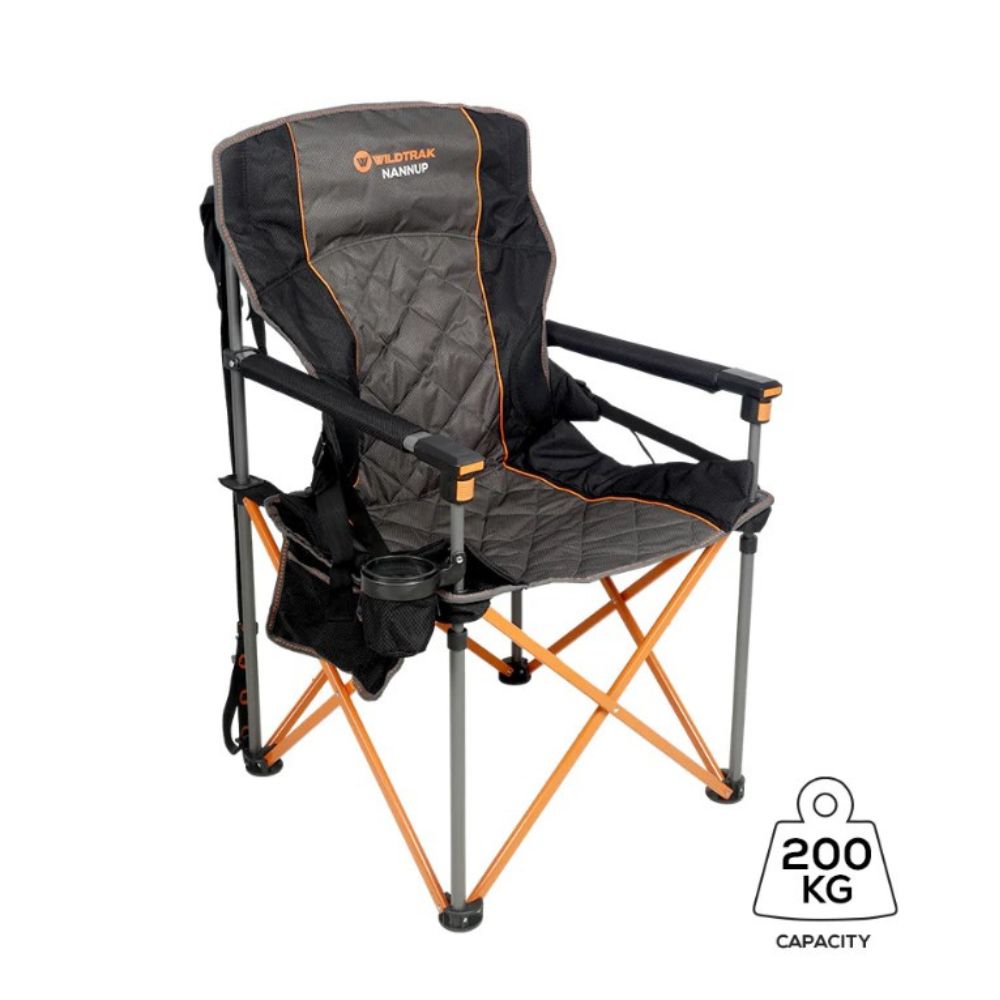
Every caravan and towing vehicle has prescribed weight thresholds set by their manufacturers.
To tow legally and safely, it is vital you first understand what these weights are and secondly how the water you carry on board will affect towing.
First things first, here are the essential weights and rates you need to know when considering buying or renting a caravan.
1. Vehicle Towing Capacity
Before heading out to look at caravans, you need to know what the vehicle you plan to use is rated to tow, this weight is known as towing capacity, and there are two rates:
Braked Towing Capacity: The maximum weight the vehicle can tow if the trailer has an independent braking system. The trailer's braking system will connect via a cable to your vehicle.
Unbraked Towing Capacity: The maximum weight the vehicle can tow if the trailer does not have an independent braking system. This rating is usually significantly lower than the braked towing capacity because the towing vehicle must absorb most of the braking force.
You can find the manufacturers towing capacity rates in your vehicle owner's manual, or on a sticker on the driver's side door jamb, or by searching for the make and model's towing capacity online.
This weight rating draws a line in the sand, the total combined weight of the entire towing set-up including the trailer, plus its full load (including water), PLUS everyone and everything you intend to transport inside the towing vehicle must not exceed the manufacturers towing capacity rate.
Trying to tow more than your vehicle's official towing capacity will put stress on your engine, can damage your transmission and rear axle and put you, your passengers and other road users in danger.
2. Towbar Rating
Once you know your vehicle's towing capacity, you will need to check that the towing hitch fitted to the vehicle can also handle this maximum weight because sometimes the towbar's maximum towing weight differs.
For example, say your car has a towing capacity of 3000kg, but the towbar is only rated to 2500kg, you would only be able to tow up to 2500kg safely. Conversely, if the towbar is rated at 3000kg, but your car's towing capacity is only 2800kg, you can only tow 2800kg.
3. Towing Vehicle Weights
Kerb weight: This is the empty vehicle's weight with a full tank of fuel but without passengers, luggage or fitted accessories such as bullbars or roof racks.
Gross vehicle mass (GVM): This is the total of the kerb weight of the vehicle plus its payload of passengers, luggage and accessories.
Tare weight: This is the unladen vehicle weight with only 10 litres of fuel in the tank, as supplied by the dealer.
Gross combination mass (GCM): Or sometimes called Gross Combined Weight Rating (GCWR) or Combined Vehicle Mass (CVM) is the official maximum total weight allowed for both the towing vehicle and trailer. It is the sum the vehicle's GVM and the Aggregate Trailer Mass (ATM).
4. Trailer Weights
Tare weight: Is the trailer or caravan's unladen weight as supplied by the dealer. This is the total weight without any load whatsoever, so no water in the tanks, no gas bottles, no personal items, no fitted accessories such as an awning or air-conditioning unit.
Aggregate trailer mass (ATM): Sometimes referred to as gross trailer weight (GTW) is the trailer's tare weight plus its maximum payload including water, gas cylinders, luggage, personal items and accessories, when uncoupled from a vehicle.
Gross trailer mass (GTM): Is the weight a fully loaded trailer exerts on its own axle when coupled to the towing vehicle, it will be less than the ATM because some of the trailer's weight will be transferred to the towing vehicle.

5. Towball Weight
Also referred to as towball loading or downward force/weight, towball weight is the maximum vertical weight that can be exerted onto the tow ball without raising the towing vehicle's front wheels and reducing its ability to steer and brake properly.
Front-wheel-drive vehicles will have a lower towing capacity than rear- and all-wheel-drive vehicles.
Towball weight also factors into determining towing capacity because even if a trailer is lighter than the specified towing capacity, if it is too front heavy, it can exceed the towball loading rate.
6. Water Weight
Now that we have covered the weights and rates that factor into determining the maximum weight your truck, car, or SUV will be able to tow, we need to look at water.
It is important to understand what the weight of your caravan is with full water tanks and how onboard water impacts towing safety.
Most modern caravans have at least two large water tanks with some bigger models having up to four. On average these tanks will hold 60L-90L and be used for fresh water, grey and black water storage.
One litre of water is one kilogram in weight, so you don't need to be a rocket scientist to work out that water weight can quickly gobble up your vehicle's towing capacity.

Also, where your water tanks are positioned can impact your towball loading if they are toward the front of the trailer, making it too front-heavy. Most manufacturers position tanks over or just forward of the axle or axle group, that way any extra mass will assist in maintaining the forward balance of the van with regards to ball weight.
Full water tanks add considerable weight and impact ball weight, towing ease and fuel economy. However travelling with empty water tanks is risky, especially if you don't know for sure that you will be able to fill up at your destination. You certainly can't afford to be without water when heading into remote areas.
How do you decide how much water you need cart whilst travelling? Are full, empty or half- full water tanks best when towing a caravan?
Beyond water's weight, we must consider the impact the force of fluid movement can have on towing sway.
Water Wobbles
Water is a fluid that moves easily and 'washes' back and forth, and side-to-side with the movement of the travelling vehicle.
Caravan water tanks can be over a metre long and are usually made of blow-moulded or roto-moulded plastic with internal baffling to minimise liquid surge while in motion.
Baffling works well with a full tank of water but if the tank is only partially filled splashing and rolling of the liquid in the cartage tank when stopping, starting and taking corners can lead to dangerous surges within the tank making control of the trailer unpredictable for the driver.
An empty tank won't be an issue, and a full tank, although heavy, will be reasonably stable when towing, but half-filled tanks can be a real problem and can cause your van to sway with the force of the water shifting across its axis.
Getting the Balance Right
Before heading off on your next caravan adventure, consider how much water you will need in your tanks relative to what you are doing and where you are going.
Water is a survival essential, so it is crucial to maintain appropriate amounts of water if venturing into remote or isolated areas.
However, if you know there will be water access points along your journey or at your stopping points, then perhaps travel with empty tanks and fill upon arrival.
When on the road consider isolating connected tanks to have one empty and the other full, rather than having two half-filled.
Before heading home, see if any of your fellow campers would like to top up with your remaining fresh water so you can travel light.
Final Thoughts
Managing and monitoring your trailer load and water weight is a tedious yet vitally important part of safe caravan travel.
Thankfully nowadays there are brilliant modern weighbridges that can quickly and easily do all the towing weight calculations for you and provide you with a printout to keep onhand.
If you want to keep an eye on your towball weight, Camec has handy Tow Ball Weight Scales you can take on your travels to quickly check whether you have overloaded or incorrectly packed your caravan. https://www.camec.com.au/camec-ball-weight-scale
Wishing you a safe and happy caravan holiday and remember before you hit the road decide whether to fill or empty your water tanks, avoid travelling with half-full tanks.





